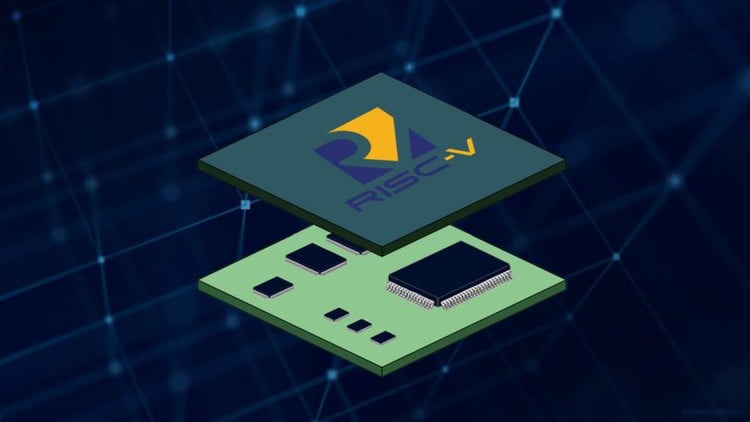
System-on-chips, SoC, integration, RTL, FPGA, RISC-V.
What you will learn
Learn the first principle of how complex computer chips work
Learn how processors execute code from a very low level
Learn the basics of FPGA design
Learn RISC-V ISA
Learn how to work with compilers using the command line
Learn how use linker scripts and its basic syntax
Hands on experience on designing your own custom RISC-V SoC, writing the software for it, simulating it and emulating it on FPGA
Why take this course?
Are you eager to explore electronics or bridge a knowledge gap in System-on-Chip design? Maybe you’re a hobbyist eager to build SoCs for your projects. If this sounds like you, welcome!
In this course, we’ll dive into creating System-on-Chips. From learning assembly and C code to simulating RTL and seeing the magic of an FPGA.
AGENDA
The agenda for this course is a breakdown of everything you need to know to build the final project.
The final project is a working System-on-chip with some peripherals: mainly a GPIO module and a UART transmitter.
• Section 1: Introduction
• Section 2: Processors
• Section 3: Software, Compiler and Linker
• Section 4: Building simple SoC
• Section 5: Adding a peripheral to the SoC
• Section 6: Accelerated Advanced IP Design for the SoC
• Section 7: UART IP Core
• Section 8: FPGA Emulation
• +10 Labs
You will …
• Learn the first principles of how complex computer chips work.
• Learn how processors execute machine code.
• Learn RISC-V ISA.
• Learn how to work with make files, compilers, and linker scripts.
• Learn how to add external peripherals and use register maps.
• Learn the basics of the FPGA flow.
• Have hands-on experience with designing the RISC-V SoC, Writing and debugging software for it, and implementing it on an FPGA board.
Join a community of enthusiasts and learners. This isn’t just theory; you’ll gain hands-on knowledge and bring your SoC designs to life!